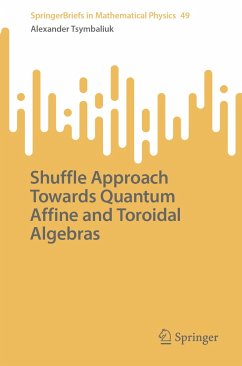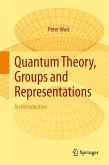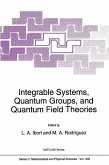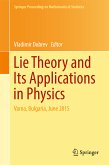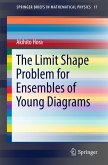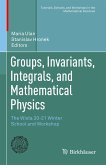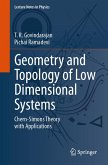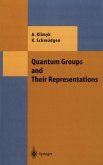This book is based on the author's mini course delivered at Tokyo University of Marine Science and Technology in March 2019.
The shuffle approach to Drinfeld-Jimbo quantum groups of finite type (embedding their "positive" subalgebras into q-deformed shuffle algebras) was first developed independently in the 1990s by J. Green, M. Rosso, and P. Schauenburg. Motivated by similar ideas, B. Feigin and A. Odesskii proposed a shuffle approach to elliptic quantum groups around the same time. The shuffle algebras in the present book can be viewed as trigonometric degenerations of the Feigin-Odesskii elliptic shuffle algebras. They provide combinatorial models for the "positive" subalgebras of quantum affine algebras in their loop realizations. These algebras appeared first in that context in the work of B. Enriquez.
Over the last decade, the shuffle approach has been applied to various problems in combinatorics (combinatorics of Macdonald polynomials and Dyck paths, generalization to wreath Macdonald polynomials and operators), geometric representation theory (especially the study of quantum algebras' actions on the equivariant K-theories of various moduli spaces such as affine Laumon spaces, Nakajima quiver varieties, nested Hilbert schemes), and mathematical physics (the Bethe ansatz, quantum Q-systems, and quantized Coulomb branches of quiver gauge theories, to name just a few).
While this area is still under active investigation, the present book focuses on quantum affine/toroidal algebras of type A and their shuffle realization, which have already illustrated a broad spectrum of techniques. The basic results and structures discussed in the book are of crucial importance for studying intrinsic properties of quantum affinized algebras and are instrumental to the aforementioned applications.
Dieser Download kann aus rechtlichen Gründen nur mit Rechnungsadresse in A, B, BG, CY, CZ, D, DK, EW, E, FIN, F, GR, HR, H, IRL, I, LT, L, LR, M, NL, PL, P, R, S, SLO, SK ausgeliefert werden.

